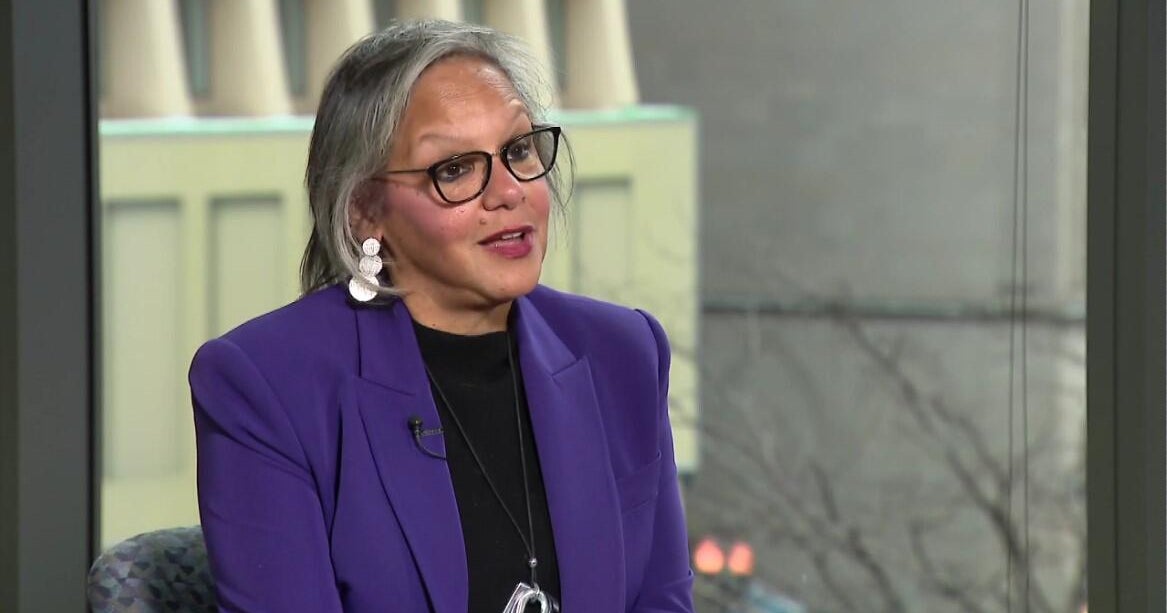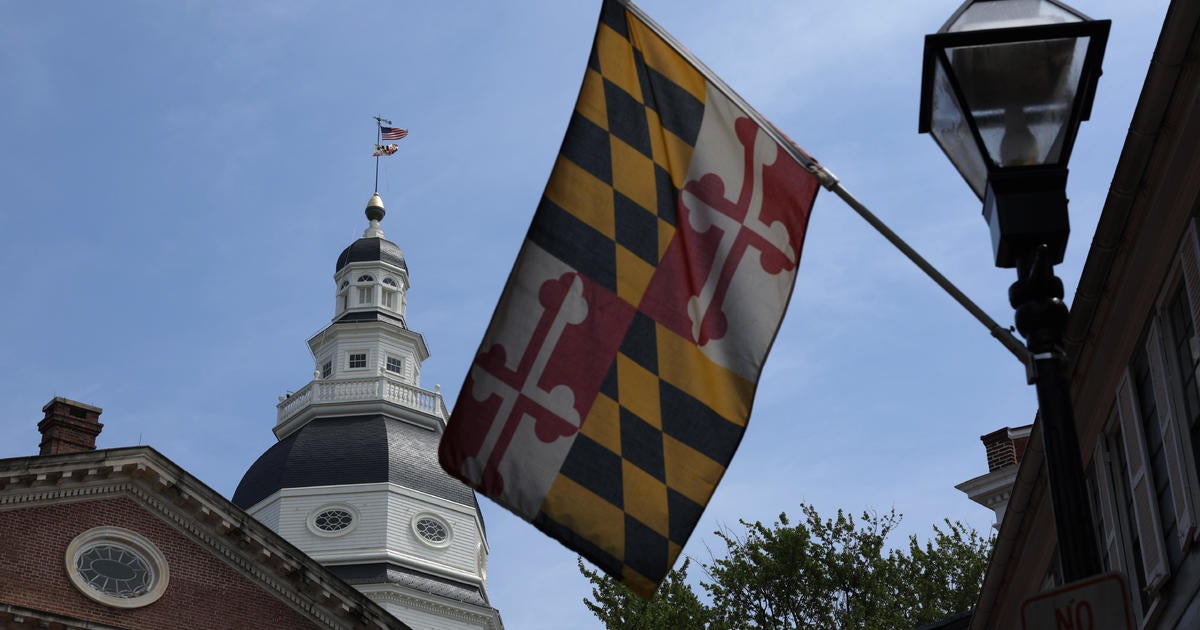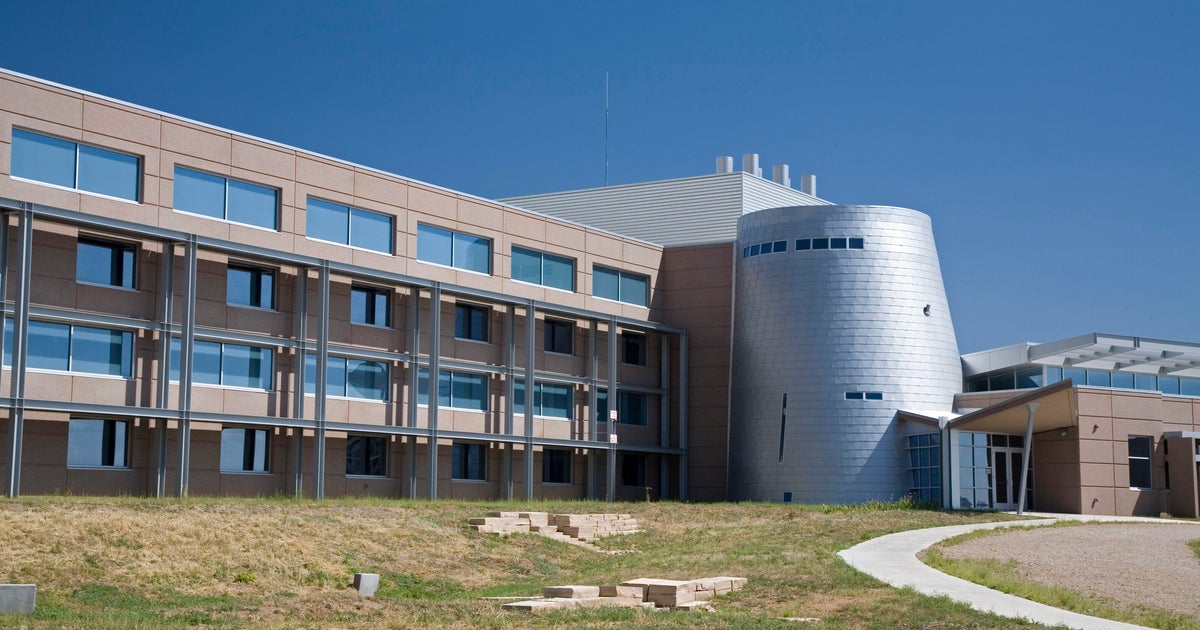Mass. Senate OK's Congressional Redistricting Map
BOSTON (AP) — Lawmakers approved a new congressional redistricting map Wednesday that eliminates one of the state's 10 seats in the U.S. House of Representatives while creating the state's first district where blacks, Latinos and Asian-Americans are a majority of voters.
The map, which won final approval in the House and Senate, is now awaiting Democratic Gov. Deval Patrick's signature.
Lawmakers rejected a series of amendments, including an alternate map offered by Republicans that called for shifting some communities between redrawn districts in the central and western parts of the state.
Other lawmakers objected to the decision to split some communities in the map. Backers of the map said it was impossible to draw new district lines without dividing some cities and towns.
The redistricting plan was drafted by a legislative committee after population shifts measured by the 2010 federal census forced the state's number of U.S. House seats to shrink to nine beginning with next year's election.
Malia Lazu, project director for Drawing Democracy, a coalition that pushed for stronger minority voting power, said the creation of a Boston-based "minority-majority" district reflects the state's growing racial and ethnic diversity.
"Voters of color and underrepresented communities now have a larger voice in the political process," Lazu said.
U.S. Rep. Michael Capuano, D-Somerville, represents the district.
The proposed map also establishes a new southeastern Massachusetts district that includes Cape Cod, Plymouth and New Bedford.
No incumbent lives in the newly formed district, but freshman U.S. Rep. William Keating, a Democrat, has indicated that he will run in it. Keating lives in Quincy, which would be pulled into the same district as the one where U.S. Rep. Stephen Lynch, D-South Boston, now lives.
Keating's family also owns a home on Cape Cod.
The map makes major changes in western Massachusetts, essentially by carving up the 1st District now represented by Democratic U.S. Rep. John Olver, who has announced that he will retire at the end of his term.
U.S. Rep. Richard Neal, D-Springfield, would see his district extended west to include the Berkshires, while U.S. Rep. James McGovern, D-Worcester, would pick up communities in two other western counties.
Republicans are hoping the reshaped districts will provide new opportunities for them to make a dent in the state's all-Democratic House delegation.
Former state Rep. Richard Tisei of Wakefield, the 2010 Republican nominee for lieutenant governor, is planning to run in a redrawn district now represented by Rep. John Tierney of Salem.
Lawyer Bill Hudak, of Danvers, who ran against Tierney last year and lost, has said he'll try again, forcing a Republican primary.
A spokeswoman for Tierney said he looked forward to campaigning in the new communities added to the district.
Republicans are hoping that Tierney is vulnerable. Earlier this year, Tierney's wife served a 30-day prison sentence for helping file false tax returns for her fugitive brother.
Republicans also see a potential opening in a redrawn district currently represented by Rep. Barney Frank of Newton, who is losing the Democratic stronghold of New Bedford while holding onto his core supporters in Brookline, Newton and Wellesley.
Republican Elizabeth Childs, a Brookline resident and former state mental health commissioner under Mitt Romney, is planning to challenge Frank, who defeated another GOP challenger last year.
Copyright 2011 The Associated Press.







